We Survived the ‘Fazzini Challenge’
From Jan. 15 to Feb. 15, freshman Nathanial Zanders and senior Max McCullum gave up the technology they most relied on for both socialization and entertainment to find out exactly how much they relied on that technology in the first place and how their habits (and brains) would change without it.
Adapting a project started by current instructional support teacher Dave Fazzini over a decade ago, the two Wingspan writers decided beforehand which forms of technology they would most need to sacrifice and how they would hold themselves and each other accountable.
Once the challenge ended, each wrote the following pieces recounting their experiences.
Finally, after 4 and a half long weeks, it was over. I never thought that I would make it all the way through or even start a challenge like this but I am glad I did. The challenge I am talking about is the infamous “Fazzini Challenge,” named after Instructional Support Teacher Dave Fazzini, who created the challenge 15 years ago.
In my rendition of the challenge, I embarked on a 31 day period without the use of electronics. Devices like phones, televisions, computers, and video games were off the table. There were a few exceptions to this though. I was allowed to call, text and use Infinite Campus to sign in to school and communicate with family members in emergency situations. I was also allowed to watch movies on movie night, but only if my family members were also watching the same movie. Other than that, if I was on a device for 1 second, I would fail the challenge.
But I was not the first to take on this challenge.
In 2009, students in Mr. Fazzini’s English class had noticed that they were spending too much time on their phones. They came up with the idea to volunteer to lock up their phone for a week. They would give their phones to Fazzini and over time more people would take on this challenge. Some people started doing it for a full month. The challenge continued each year, and in 2011, the local news caught wind of this and interviewed Fazzini about what the students were doing.
Different versions of the challenge have come and gone since, but when I heard about it from my brother, who did a shorter version last year, I knew it was something I wanted to try.
Before the challenge, I usually averaged 6-9 hours a day on just my phone. It goes without saying that this would be a boring and tough challenge for me to go from 6-9 hours to 0. Communication with my friends would be a challenge as well. I couldn’t have a real conversation with any of my friends outside of school because they wouldn’t reply to my messages for 4 hours.
The first 3 days of this challenge were the hardest. I didn’t want to do any of the things I set out to do before I started. I wanted to write more and draw more. Learn more. Work out more. Study more. But at the beginning, I just couldn’t drive myself to do any of it. Maybe it was the fact that we were in virtual class for the first few days when I would have spent all that time playing video games, but now I couldn’t. I just lay down and waited for the time to pass.
The next week or so, I started to finally do productive things. I studied for the first time ever. Ever. I built sculptures out of the snow. I even made pasta from scratch.
I did stop being many of those projects, however, when I gave all my intention to the largest project of all: making a board game. Making it took up every night for one-third of the month. I didn’t have time for the other productive things I was doing and sunk all my time into this. The game was a mixture of Monopoly and Quelf, with funny “task cards” to progress, and money, not to mention other similar board systems.
At this point, I noticed I had a longer attention span and patience for activites. Even though I couldn’t do all of the things I normally did, I was never really that bored and I always had something to do. I could actually see myself changing and letting go of the video games and mindless scrolling.
Productivity was better than it had been, but I will say that the challenge did not “fix” my biggest problems. I had so many things I wanted to do with this time, I often couldn’t push myself to do anything, leading to decision paralysis.
If you do the Fazzini Challenge yourself, you will need to do more than just give up technology distractions. I imagine that if I had made a schedule or set alarms to hole me accountable, I would have done much more with my time.
After the challenge ended, I did not want to scroll through hours of mindless content. I know it seems cliche or like a mom’s lecture, but spending all your time on your phone can really do some damage to your mind. Even though it wasn’t perfect, I have seen a major improvement in productivity, self-discipline, grades, and overall enjoyment everything I do. I would highly recommend this challenge to anyone because of how good it is for your mind.
While I previously took on the Fazzini Challenge last year, the challenge’s lessons did not stick for long at the time, and I ended up playing video games all day and night, wasting my time away. During the time before this challenge, I lived an easy life. But I knew I had to do something to solve my procrastination and distaste for any sense of efficiency.
Around January, I heard of another student wanting to try the challenge, so my first reaction was to drag my unproductive self over to him and restart the challenge I had failed just last year. I knew it was my only option. It was my freedom from my old self, like a butterfly escaping its cocoon.
Considering I took on a version of the challenge before, I went into it overconfident. But there were new rules, and during that first week, the monster that is boredom rose from its grave to wreak havoc upon my soul. My will to be active and use my time wisely vanished. I did not listen to many other’s suggestions and took my time to think. To use a video game term, I was just “fast-traveling” to the morning, hoping to get away from my home. I viewed school as my only social outlet because I could no longer play games with my friends. I felt detached from others. This challenge was a hindrance to me. I could no longer be myself but a participant in my daily schedule.
Then came the second week, or what I now call “the week of knowledge.” Mid-marks were coming up and my procrastination monkey said, “It’s time to work,” so I did what any person of clear thought and mind would do: not sleep for 2 and ½ days while completing about 16 hours of homework. I finally was able to free myself of the chains of procrastination because of my will and stupidity. This was my first taste of the benefits of the challenge. I was freed from this paralysis I felt whenever considering what to do.
Without the procrastination machine in my pocket the entire time, I could start to work with intention and purpose. The challenge made me think about the purpose of my own time. I could be putting my spare time towards something instead of watching TikToks about how to do a backflip (even though backflips are very cool).
The next thing I did that I was proud of was that I ended up finishing a challenging book I had been reading. I felt productive in my life, not just school, as if I was living toward a goal. I noticed actually enjoyed reading. I used to hate books compared to video games because I believed that books lacked the je ne sais quoi that video games brought to me. But I learned to appreciate literature for fun.
Since I had time to read and think during the challenge, I began reading more difficult books. Normally, I hated overanalyzing things to such a high degree that I would lose meaning and enjoyment of the book. But with my own time to think about what I was reading, I learned to appreciate meaning for myself versus trying to search for some answer that exists but does not bring me any joy.
This is where I learned the peace that discipline brought my thoughts.
I could see more without even thinking about excruciating over every small detail. The challenge made me just consider enjoying the books I read because I no longer had to fear not understanding every single section. I was encouraged to just use my time to not overthink but more to just do and experience.
I also exposed myself to many new types of music that I would not have listened to, like Moroccan jazz, heavy metal rap, Spanish pop inspired by Japanese city pop, and the French weekend (Corneille is great!). I used to listen to music in short bursts or listen to it for something to fill the space. I like listening to music as a tool for accomplishing other things, but after listening to so many new genres and artists, I started paying closer attention to the music, focusing more on the lyrics and instruments.
When I was on my phone or playing video games, I only used music as a background, but because I knew music alone was one of my few modes of entertainment, I learned to appreciate the song and how I experienced the song. It was no longer, “I like this song because it sounds good.” I turned around from listening to the most random songs with no connection to fill the void to find an emotional connection between my favorite songs and the new music I found.
While the challenge had helped me develop habits, it was only after the challenge ended that I realized the benefits that it brought about. I came to consider what my purpose was in life. I know that sounds stupid, but I am serious. I kind of knew what I wanted to do when I was older. From my time as an Eagle Scout, helping people felt as if it was my calling. But after the challenge, I realized that being helpful is vague. I spent a lot of time pondering and I soon realized that I would be content with making others happy.
I have never been a math person or a person who could see himself in the future spending time on calls and board meetings. I knew I had to be creative, so I started writing for fun. I always wanted to, but I never got to it. After showing my creative side to others, I’ve finally decided to spend my life trying to use my creative brain to bring out the true self of the reader from my writing. I started to think more about my view of life itself. I wanted to spend more with my friends and just appreciate both their and my existence.
Despite my positive experience, if someone asked me if they should take the challenge, I would still say no. Not because it is difficult, but because of how much society alone makes us rely on our phones. It was not an easy task for any type of event to be in. My friends only make plans over social media, and just because of the constant connectivity, it is harder to find out about events that I could participate in. But instead of doing the challenge, just make an effort to put your phone down. Go to a bookstore, ask the employees for a recommendation, and read while for your neurons to start to fire again.
One of the greatest things that this challenge taught me is that time is no longer just a tool that I use to live a sterile lifestyle. I was able to find a large part of what I thought I enjoyed and came out as a more introspective person. Even though the outside looks pretty much the same, I feel as if my connectivity was shackled that I am now free from and ready to no longer waste time, but to change myself into the best I can be.


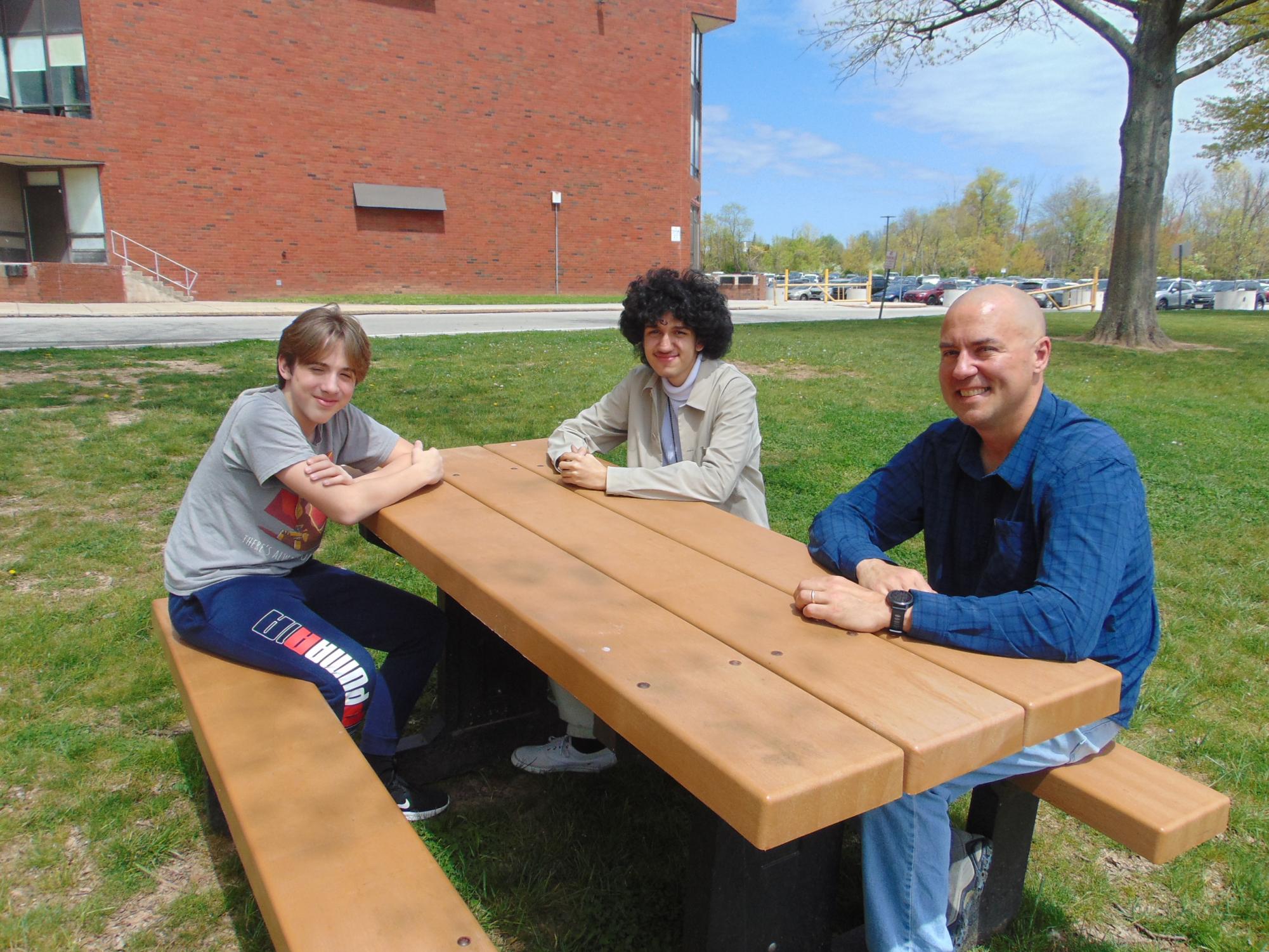
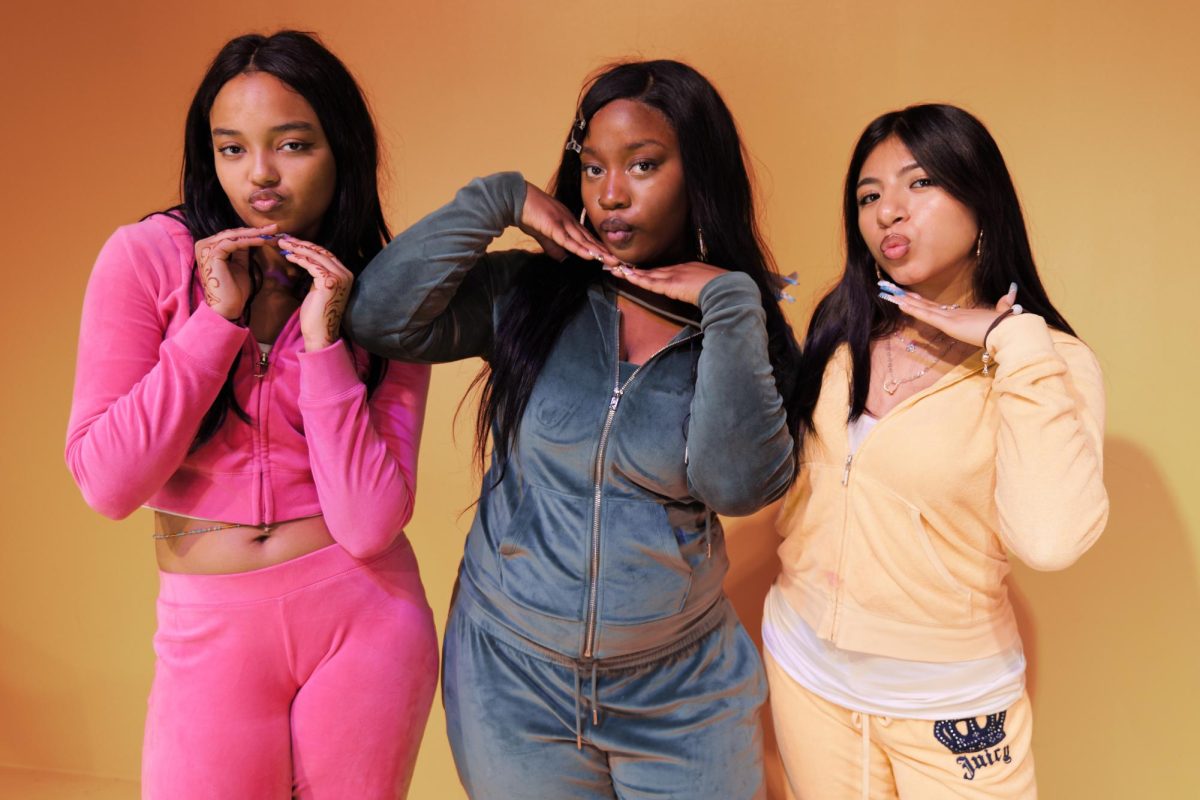
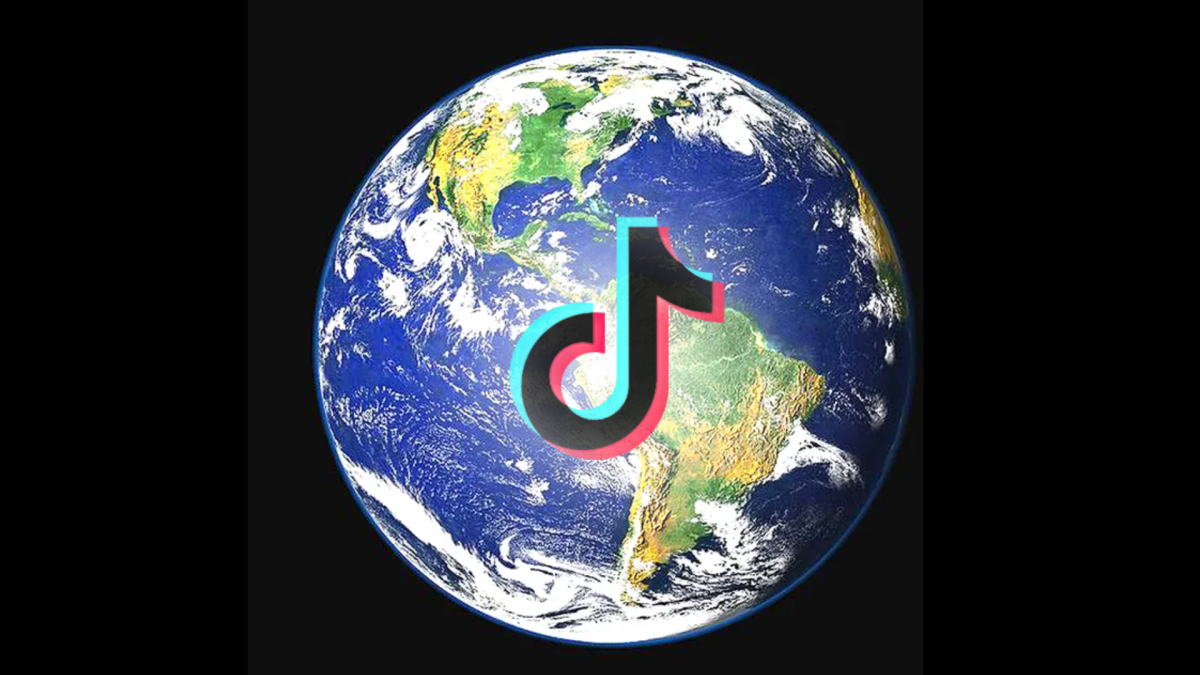
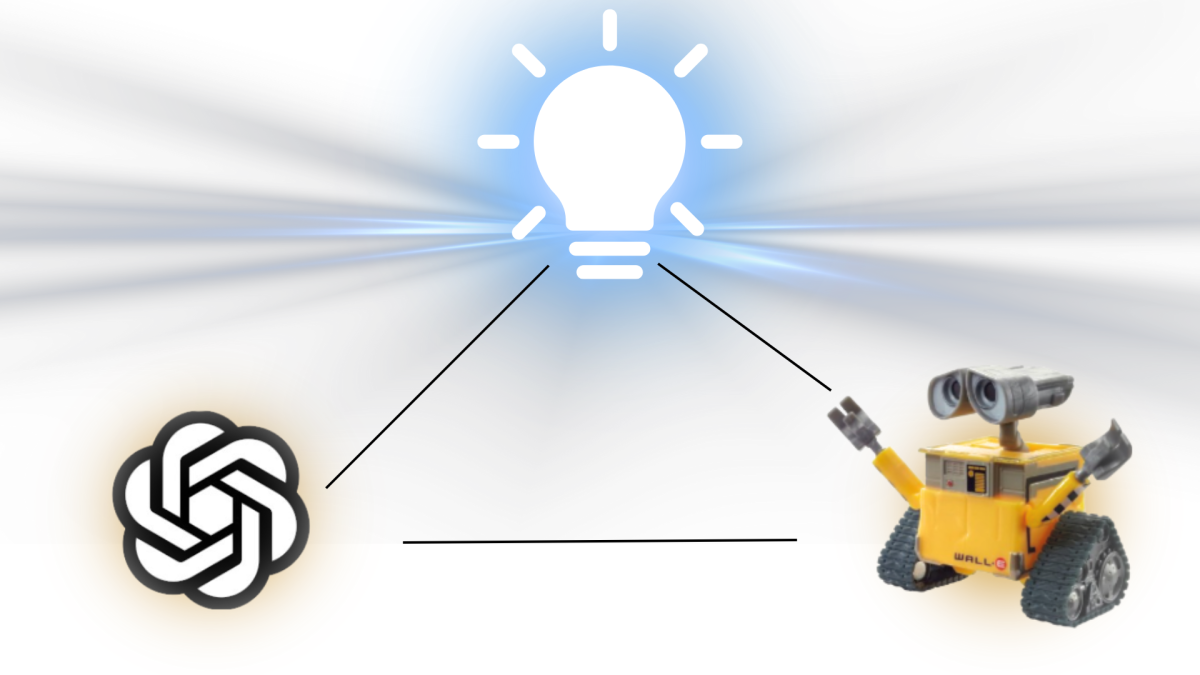
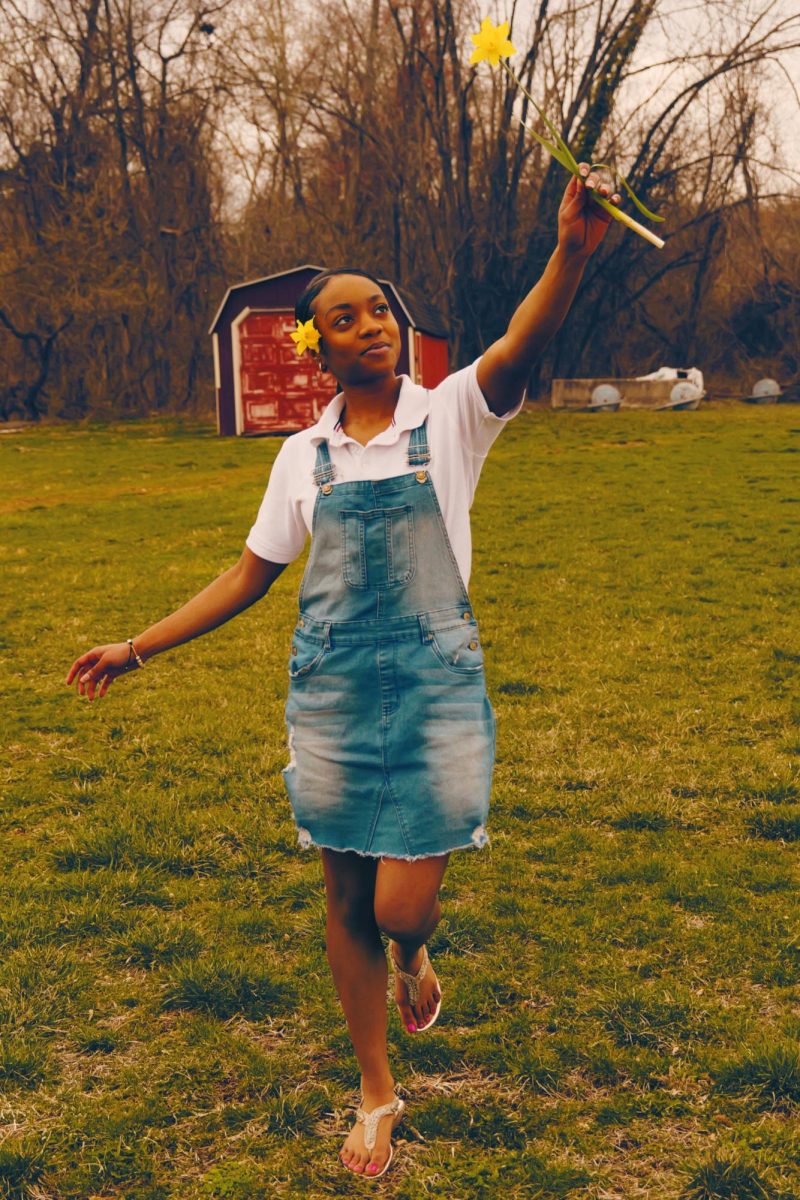
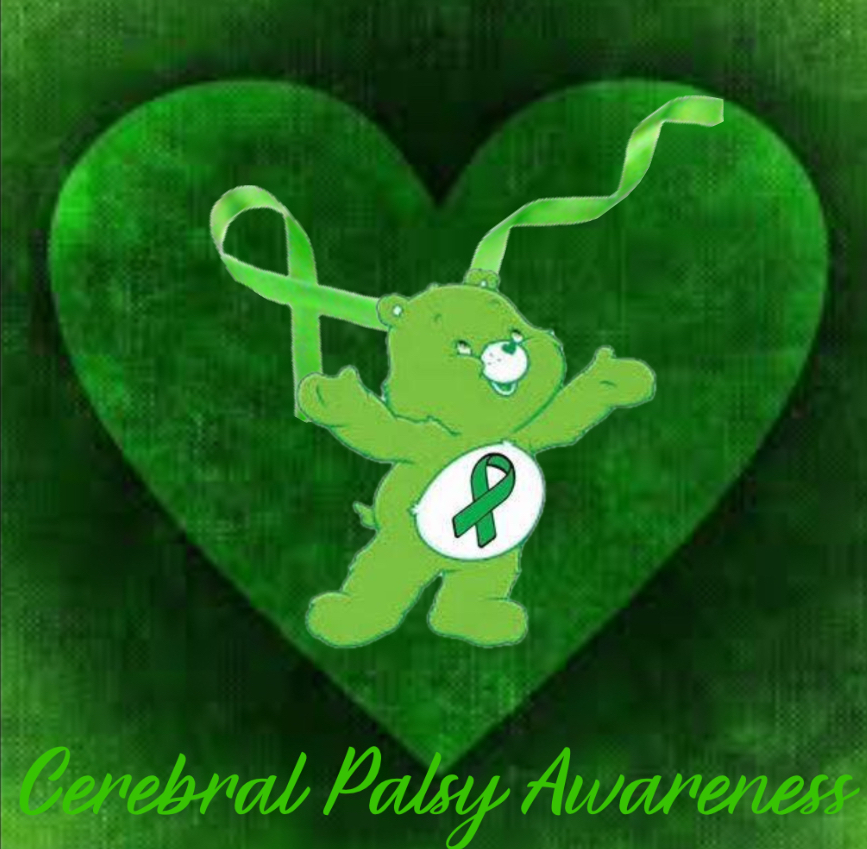
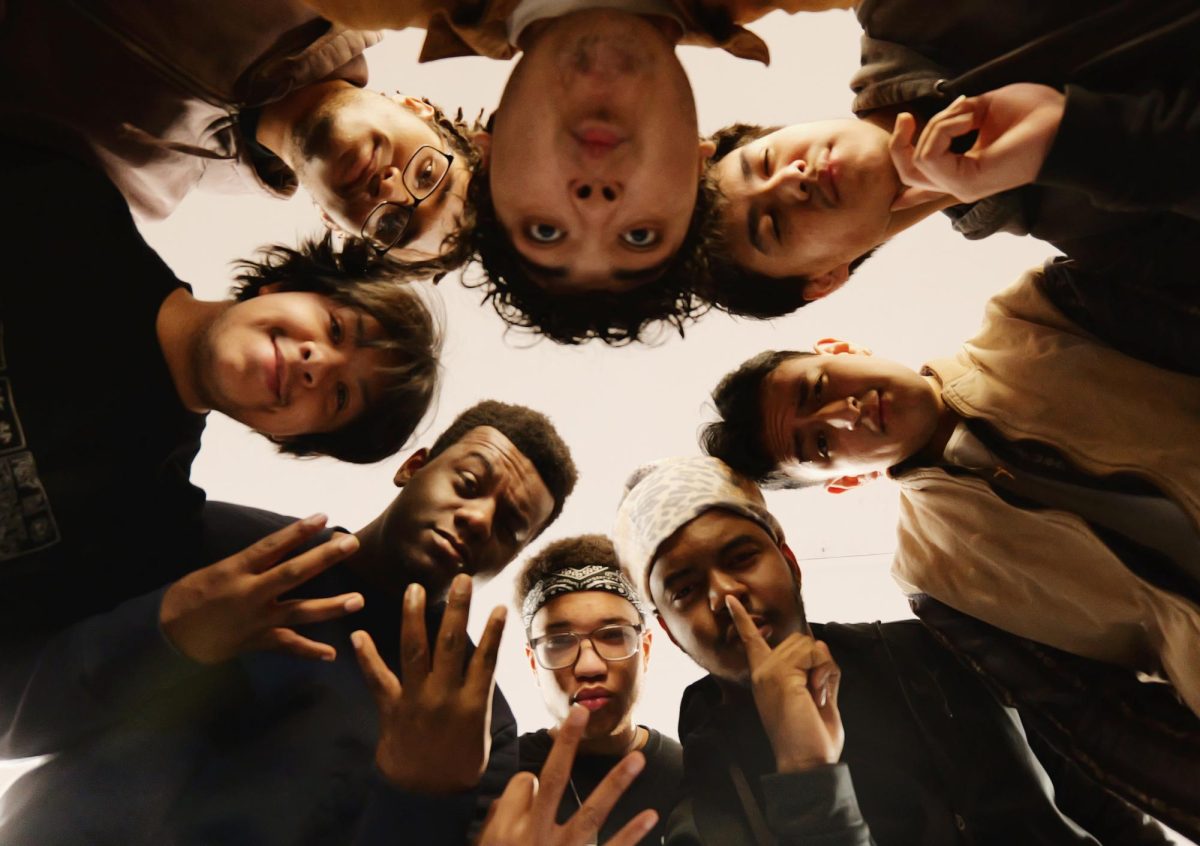






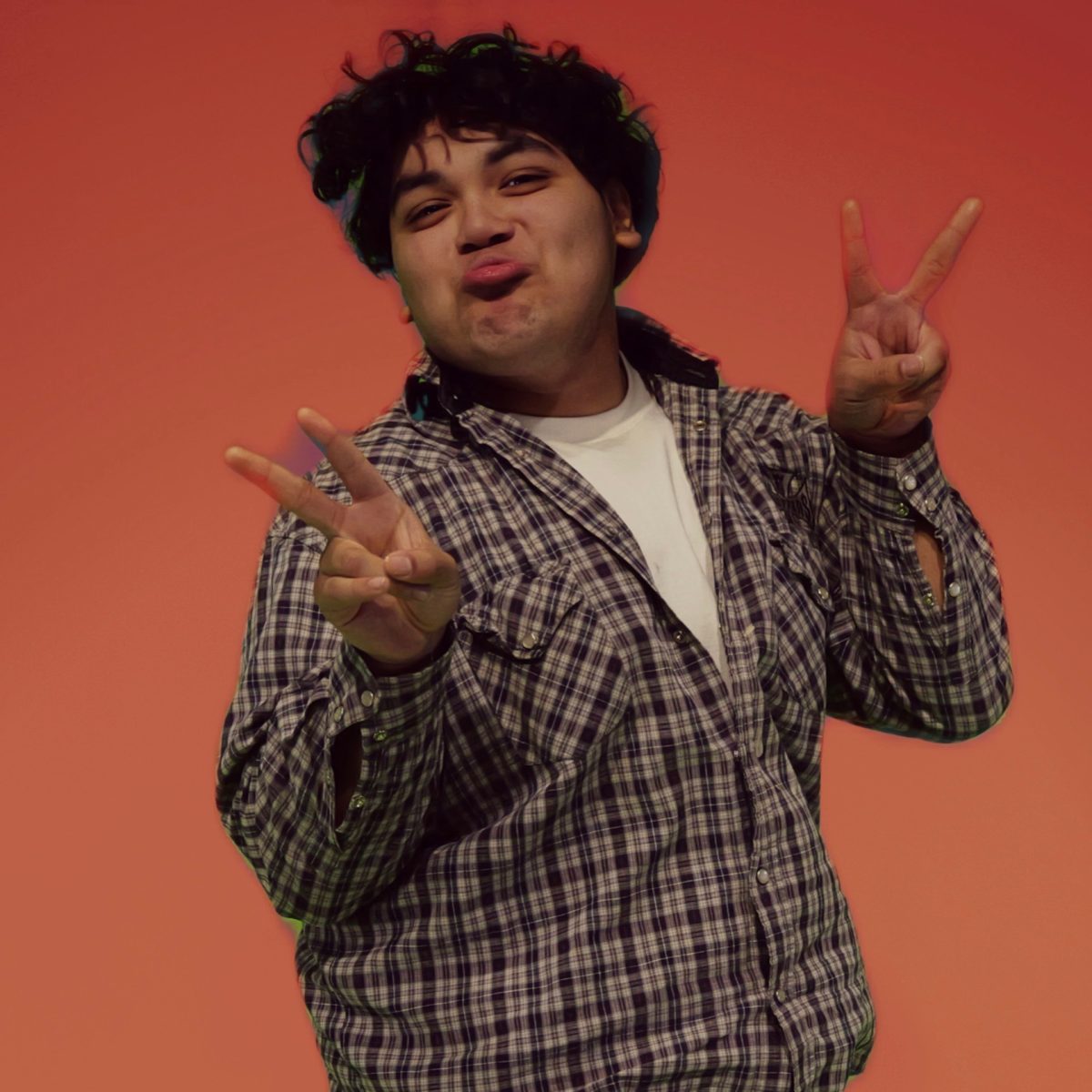
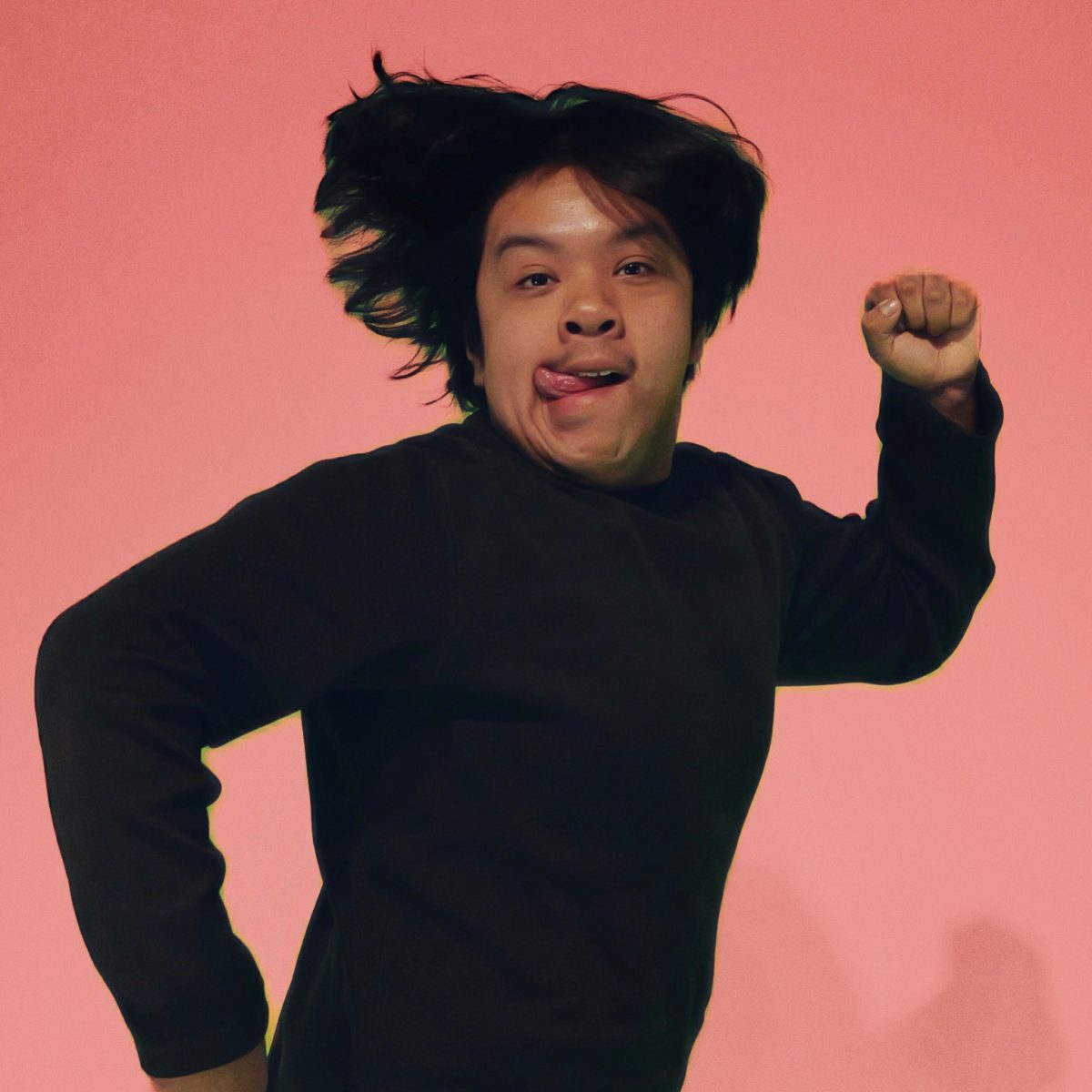
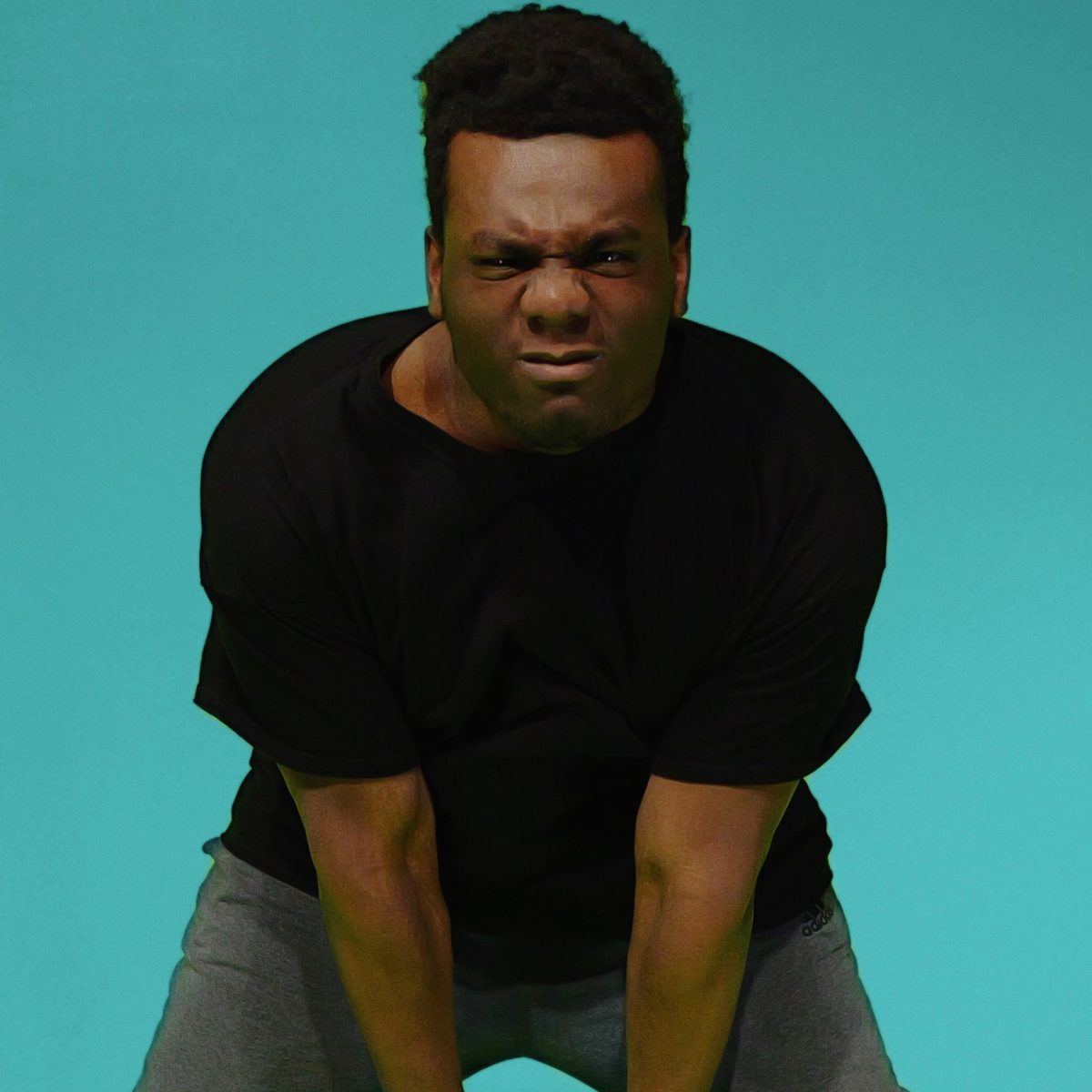
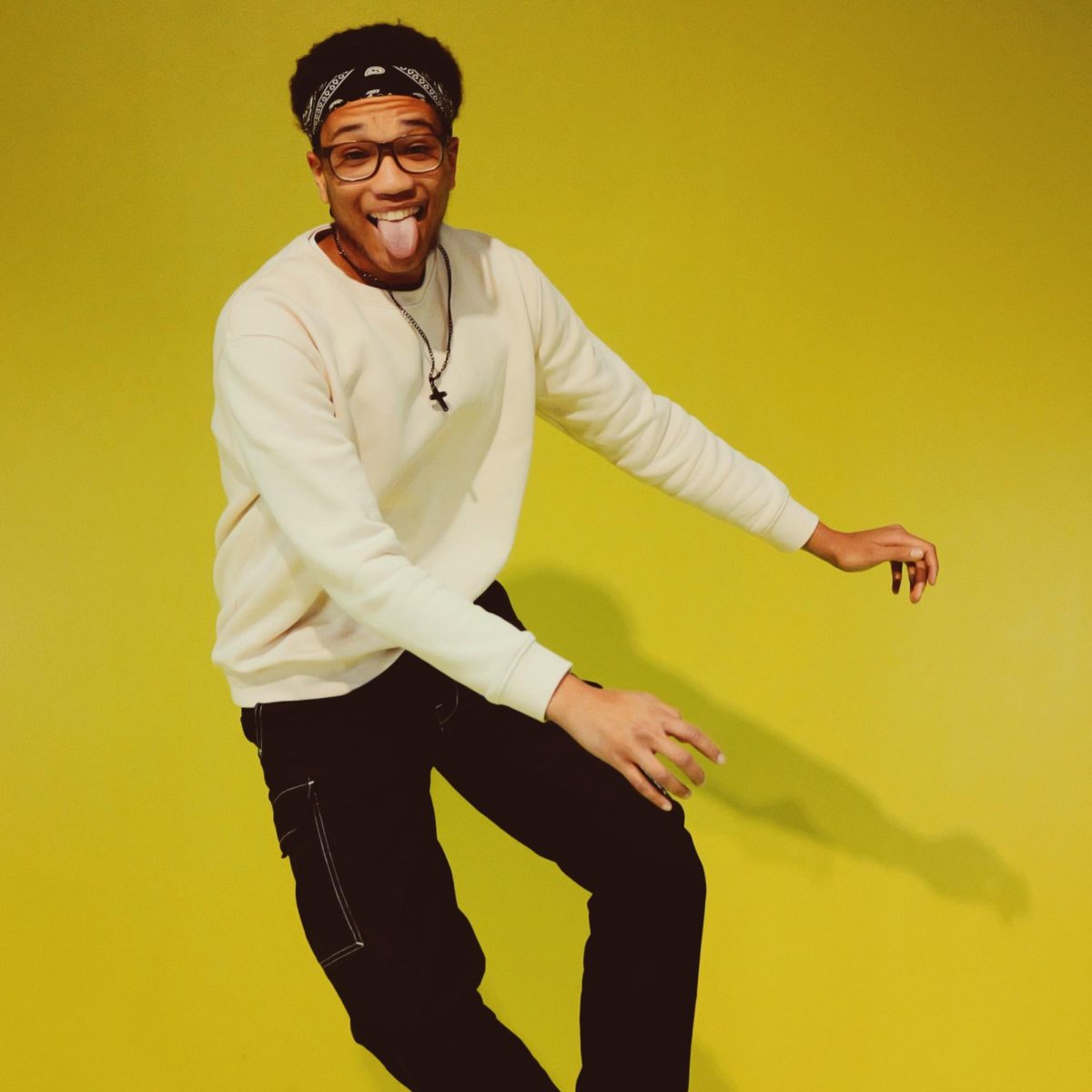

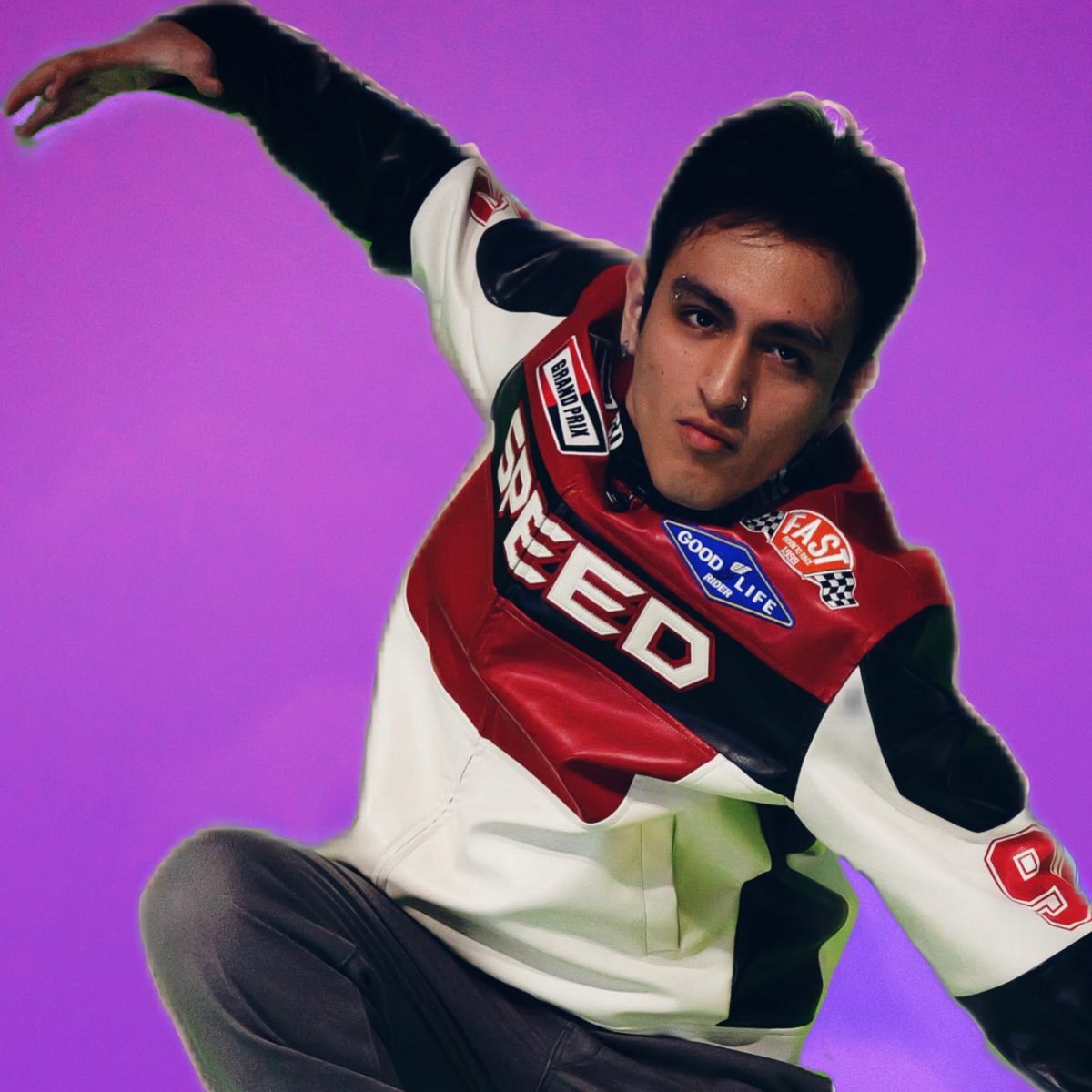
Zachariah Zanders • Apr 29, 2024 at 1:12 pm
What is the name of this board game?
Jasper B • Apr 26, 2024 at 1:11 pm
This is so interesting, I’ve always tried to get rid of social media but go in way too hard with it. I actually want to try again now but with different intentions, especially with school ending soon enough